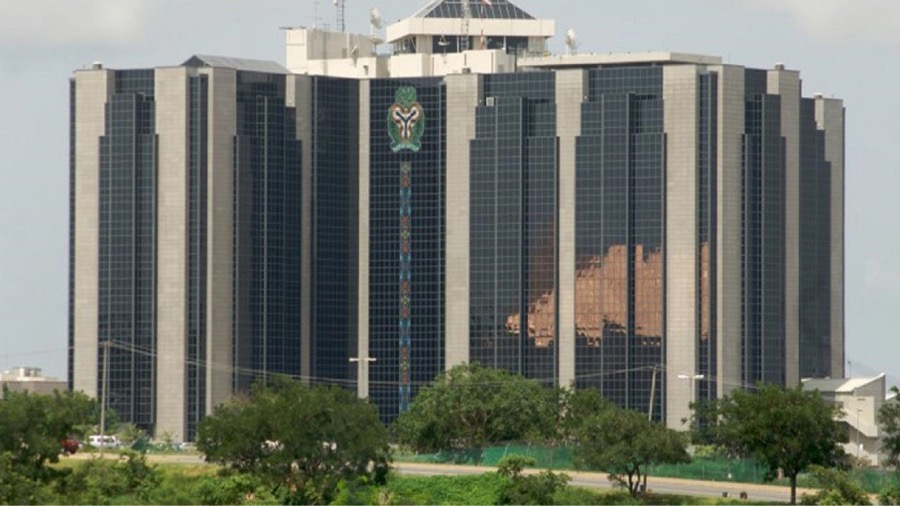The Central Bank of Nigeria (CBN) has announced the launch of the Nigerian Foreign Exchange (FX) Code, a strategic initiative aimed at promoting transparency, ethical trading, and professionalism in Nigeria’s forex market. The code will be formally introduced on January 28, 2025, at the CBN Head Office Auditorium in Abuja. This development marks a significant step in the CBN’s efforts to reform the nation’s financial ecosystem and stabilize the foreign exchange market.
The Nigerian FX Code: Key Objectives and Provisions
The Nigerian FX Code is designed as a comprehensive framework to regulate the conduct of authorized dealers in the forex market. It seeks to achieve the following objectives:
- Encourage Ethical Practices: Establish clear ethical guidelines for dealers to prevent malpractice and fraud in forex transactions.
- Enhance Transparency: Ensure that all forex market participants disclose accurate and timely information.
- Strengthen Professionalism: Promote a culture of accountability and professionalism in line with global best practices.
- Boost Market Confidence: Foster greater trust and confidence among investors and other stakeholders in the Nigerian forex market.
This code aligns with international efforts, such as the FX Global Code, to create standardized ethical benchmarks for forex trading activities worldwide.
Implications for Market Participants
1. For Investors
The introduction of the FX Code has far-reaching implications for both domestic and foreign investors:
- Increased Transparency: Investors will benefit from more reliable information and reduced market opacity, enabling better decision-making.
- Reduced Risks: Ethical trading practices are likely to minimize currency manipulation and insider trading, reducing potential risks for investors.
- Improved Confidence: The code is expected to enhance investor confidence in Nigeria’s forex market, making it a more attractive destination for foreign direct investment (FDI).
2. For Authorized Dealers
Authorized dealers, including banks and financial institutions, will need to adhere to stricter compliance standards. This may involve investing in training programs for staff and updating operational policies to align with the code’s requirements.
3. For Regulators
The CBN, as the primary regulator, will have greater oversight over forex transactions. This is expected to enhance the effectiveness of monetary policy tools aimed at managing exchange rate volatility.
Current Forex Market Context
The launch of the FX Code comes at a time when Nigeria’s foreign exchange market is navigating significant challenges:
- Exchange Rate Fluctuations: Recent data from the CBN indicates that the naira has faced continued depreciation against major currencies. As of January 21, 2025, the closing rate stood at ₦1,555 per dollar.
- High Inflation: Nigeria’s year-on-year inflation rate reached 34.8% in December 2024, exacerbating pressure on the economy and eroding purchasing power.
- Investor Concerns: Persistent concerns over forex liquidity and market distortions have deterred some foreign investors from participating in Nigeria’s markets.
Potential Challenges and CBN’s Mitigation Measures
While the FX Code is a promising initiative, its success will depend on effective implementation. Challenges that may arise include:
- Resistance to Change: Some market participants may resist adopting the new standards due to entrenched practices.
- Enforcement: The CBN will need robust mechanisms to monitor compliance and penalize violations effectively.
To address these challenges, the CBN could consider:
- Conducting stakeholder engagement sessions to educate market participants about the code’s benefits.
- Establishing a transparent reporting system for unethical practices.
- Partnering with international organizations to benchmark Nigeria’s forex market against global standards.
Broader Economic Impact
The FX Code is part of a broader reform agenda by the CBN to enhance Nigeria’s economic stability. Other recent initiatives include:
- Monetary Policy Adjustments: Maintaining the monetary policy rate (MPR) at 27.5% to curb inflation.
- Forex Market Reforms: Efforts to unify exchange rates and eliminate distortions.
These measures collectively aim to position Nigeria as a competitive player in the global financial ecosystem.
Conclusion
The launch of the Nigerian FX Code signals the CBN’s commitment to addressing critical challenges in the foreign exchange market. By promoting ethical trading practices and enhancing transparency, the code has the potential to restore investor confidence and support economic growth. However, its success will depend on effective implementation and stakeholder collaboration.
Investors and market participants should closely monitor developments as the code comes into effect, as it could redefine the landscape of Nigeria’s forex market.
